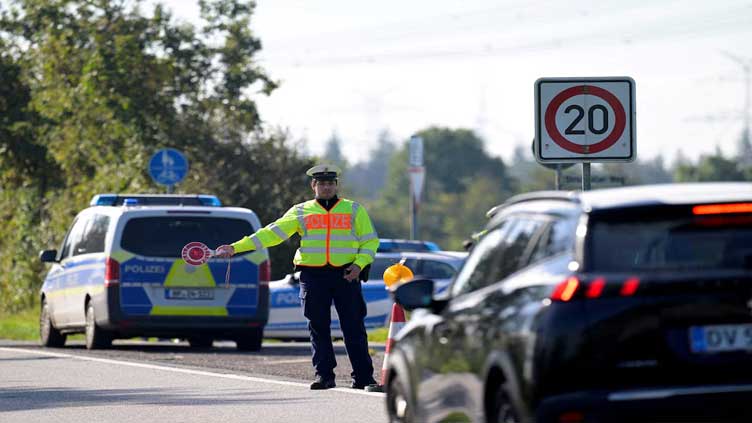EU offers to tighten migration stance under pressure from governments

World
EU offers to tighten migration stance under pressure from governments
BRUSSELS (Reuters) - The European Commission will propose during its new term measures to tighten the EU's stance on migration, responding to pressure from governments across the bloc for which irregular arrivals have become a major political and security problem.
Ursula von der Leyen, who runs the European Union's executive arm, wrote to EU leaders who gathered to discuss migration on Oct 17-18 that the Commission intended to address 10 issues to help the bloc's 27 countries deal with migration challenges.
"In the coming mandate, the Commission... will continue to ... ensure that we stand fair and firm on migration, addressing what we all agree to be a European challenge," she wrote. The Commission's new term is likely to start on Dec. 1.
Irregular migrants arriving in Europe last year numbered less than a third of the 1 million people at the peak of the migration crisis in 2015. However, migration remains a very sensitive topic influencing elections in most European countries and fuelling far-right voter sentiment.
Germany, wary of public opinion backlash against irregular migration ahead of elections next September, has introduced border controls with all its neighbours, suspending the freedom of the passport-free Schengen zone. France, Denmark, Sweden, Austria, Italy and Slovenia have also introduced border checks.
Poland, which has presidential elections due in May, wants to temporarily suspend asylum rights for migrants crossing over from Russia-ally Belarus, a move many see as a violation of the EU's charter of fundamental rights.
Faced with migrants pushed across the border from Russia, Finland suspended such asylum rights in July.
WHAT THE COMMISSION THINKS WILL HELP
The EU agreed in May on a new set of rules and processes for handling migration, called the Migration Pact, but its full implementation is not due until mid-2026, leaving the bloc in a complicated transition period.
In her letter to European leaders, von der Leyen proposed to accelerate implementation of the pact, to help governments better manage their registration and reception systems.
It would help with asylum procedures of security cases and abusive or unfounded asylum claims at borders and close loopholes between the asylum and return processes, she said.
She also proposed striking more deals with countries from which migrants originate or through which they transit to stop them there, similar to EU agreements with Turkey, Tunisia or Libya, whose governments get money from the EU to curb illegal crossings and smuggling.
Von der Leyen mentioned Egypt, Morocco, Algeria, Mauritania, Senegal, and Mali as countries the EU should work with.
In a policy U-turn from previous years, she proposed that migrants who have no right to stay in the EU be sent to "return hubs" in countries outside the EU, with which the bloc will strike deals.
"We should... explore possible ways forward as regards the idea of developing return hubs outside the EU, especially in view of a new legislative proposal on returns," she wrote in the letter.
She cited a deal between Italy and Albania as a possible model, under which Italy can send up to 36,000 irregular migrants a year to two facilities in Albania where they would await deportation. The first Italian ship carrying migrants to Albania departed on Monday.
The EU's policy on returns will be reviewed to ensure that migrants who are expelled from one EU country do not simply relocate to another to avoid deportation. There will also be tougher rules on individuals who pose a security risk.


